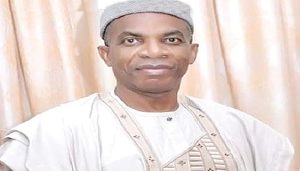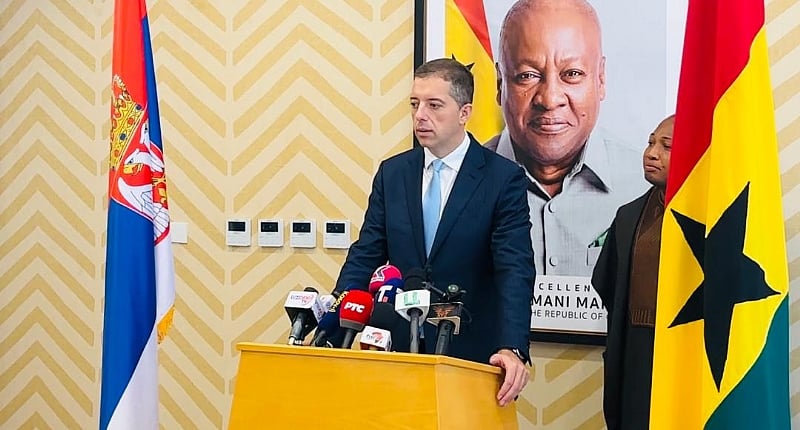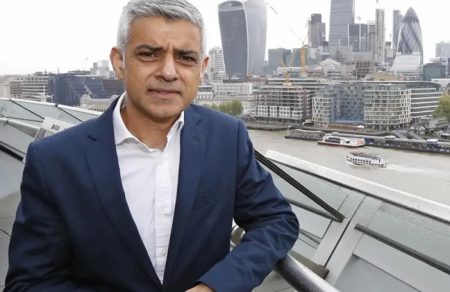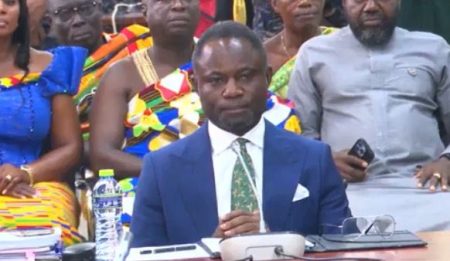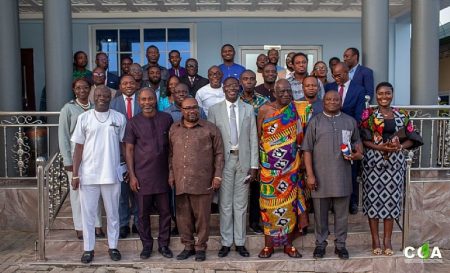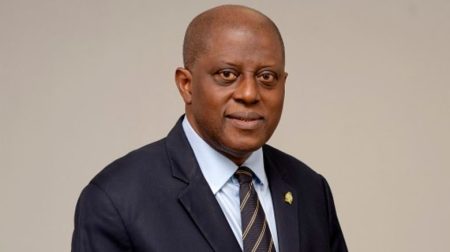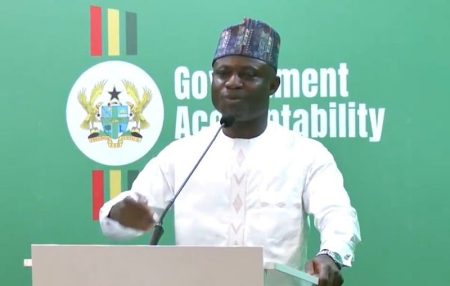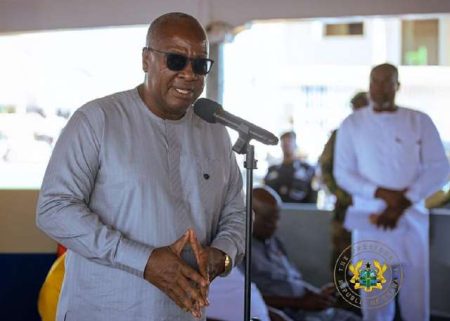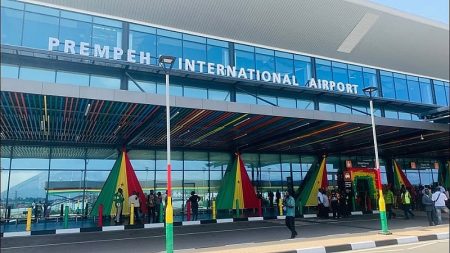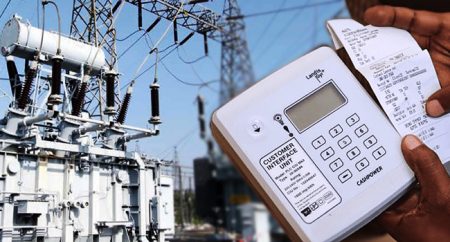Serbia’s Foreign Minister, Marko Đurić, expressed profound admiration for Ghana’s ambitious 24-hour economy initiative during a recent official visit. He lauded the policy as visionary and transformative, possessing the potential to dramatically accelerate Ghana’s economic growth and overall development. Đurić emphasized the shared aspirations of both Serbia and Ghana for economic transformation and resilience, highlighting the 24-hour economy model as aligning perfectly with Serbia’s own experiences with bold economic reforms. He believes this initiative could foster new economic partnerships between the two nations, opening doors for mutually beneficial collaborations. Đurić’s endorsement underscores the growing international recognition of Ghana’s innovative approach to economic development and its potential to reshape the African economic landscape.
Đurić drew parallels between Ghana’s ambition and Serbia’s own successful economic turnaround. He cited Serbia’s remarkable progress, more than doubling its GDP, drastically reducing unemployment from nearly 20% to under 7%, and significantly lowering its debt-to-GDP ratio from 79% to below 50%. These achievements, according to Đurić, are the result of deliberate and sometimes challenging reforms implemented with a focus on long-term stability and growth. He presented Serbia’s success story as a testament to what can be achieved through focused and disciplined economic policies, suggesting that Ghana could learn from and replicate similar strategies within its own context.
Ghana’s 24-hour economy initiative, a flagship policy of President John Dramani Mahama’s administration, aims to operate key economic sectors, including manufacturing, ICT, transport, services, and energy, in continuous shifts. This around-the-clock operational model is designed to maximize productivity, address youth unemployment, and position Ghana as a dynamic regional economic powerhouse. By optimizing resource utilization and extending operational hours, the initiative aims to unlock new growth potential and create more opportunities for Ghanaians. The initiative is seen as a bold step towards modernizing the Ghanaian economy and enhancing its competitiveness on the global stage.
Minister Đurić emphasized the strategic opportunity presented by the 24-hour economy for Serbian and other Eastern European businesses. He envisioned increased engagement with Ghanaian enterprises, leading to expanded trade and investment flows between the two countries. He described Ghana as a crucial regional ally and partner, highlighting the deep historical ties between the two nations while emphasizing the importance of modern, forward-looking cooperation. Đurić’s visit signaled Serbia’s strong interest in strengthening economic ties with Ghana and exploring new avenues for collaboration in various sectors.
A key area of potential cooperation identified by Đurić was agriculture. He expressed Serbia’s readiness to build economic bridges with Ghana, focusing on agricultural development as a primary entry point. Citing Serbia’s advanced biotechnology institutes and robust food production systems, he proposed joint programs focused on food security, agricultural technology, and farmer support. This collaboration would leverage Serbia’s expertise to enhance Ghana’s agricultural sector and contribute to its food security agenda. He underscored the potential for knowledge transfer and technological advancements to drive agricultural innovation in both countries.
Ghanaian Foreign Minister, Samuel Okudzeto Ablakwa, welcomed Đurić’s endorsement and praised Serbia’s economic achievements, viewing them as a valuable model for Ghana. He explained that Ghana’s pursuit of a 24-hour economy is rooted in the country’s demographic strength, its digital ambitions, and its strategic regional positioning as the host of the African Continental Free Trade Area (AfCFTA) Secretariat. He underscored Ghana’s proactive approach to economic modernization, emphasizing that the 24-hour economy is part of a broader vision to foster innovation, expand job opportunities, and enhance global competitiveness. Ablakwa’s remarks highlighted the strategic importance of the initiative within Ghana’s overall development strategy. Both Ministers acknowledged the disparity between the strong diplomatic ties and the relatively underdeveloped trade and economic cooperation, pledging to deepen partnerships in strategic areas such as agriculture, artificial intelligence, biotechnology, mining, maritime security, and education. They recognized the significant potential for growth in bilateral trade and investment and committed to working towards realizing this potential.




